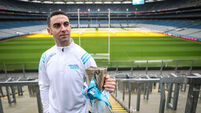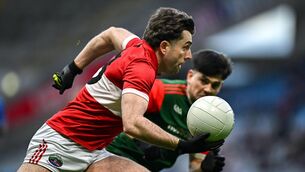Diligent Duffy driving GAA to the next level
Stroll through the corridors and, the odd caterer or cleaning lady aside, it looks quieter than school during summer recess.
The reality is entirely different. Were Gulliver to prise open the stadium’s roof, he would be faced with a small army of worker bees, buzzing furiously in their myriad of offices to keep the show on the road.














